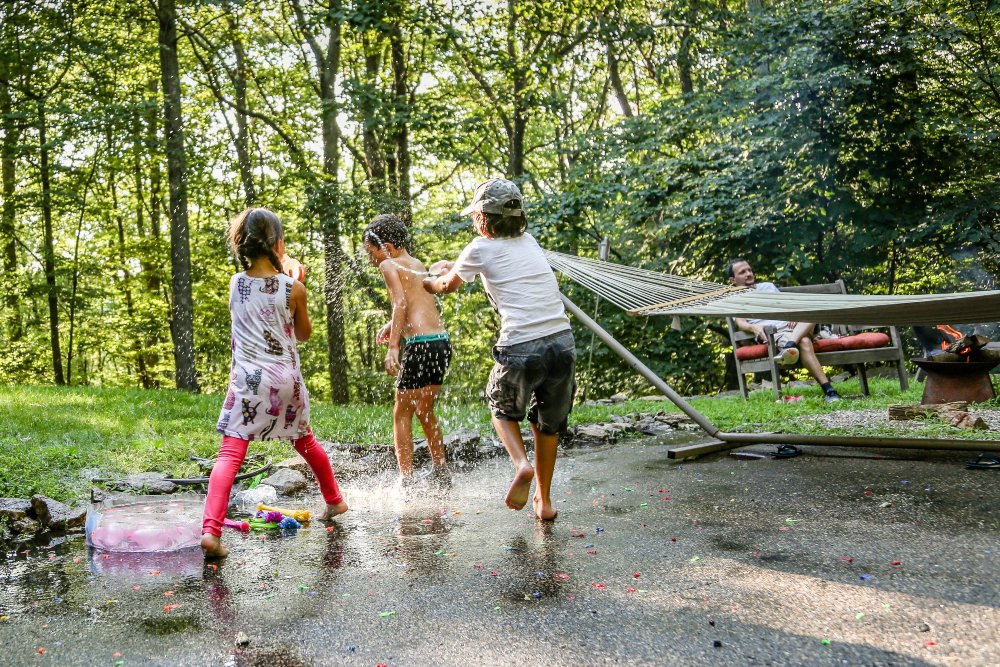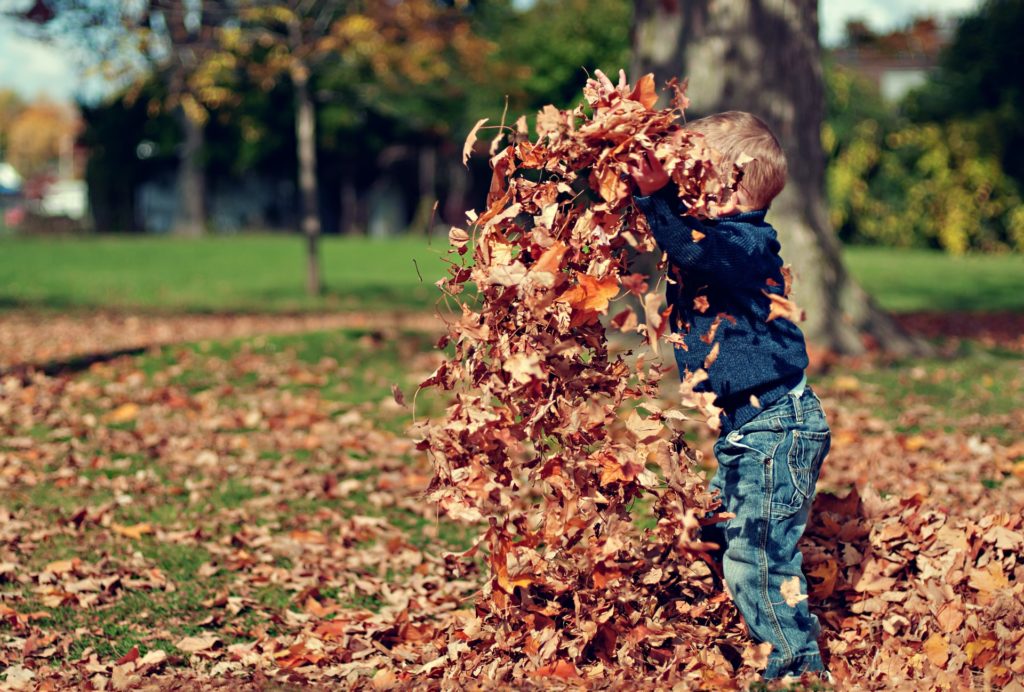
Playing outside is all fun – until someone is injured. Fresh air! Endless space to run! Pollen, sunburn, and insects! Whether you are taking your children to the park or letting them play in your yard, there are several things you should do to make sure they experience the safest (and most enjoyable) playtime. These are the essential tips to keep the kids safe during their outdoor play.
1. Apply Sunscreen for Frostbite Blues and Sun Safety
Ensure that you apply a broad-spectrum sun cream with the least SPF of 30 on your children before they go out.
As stated by the American Academy of Pediatrics, sun cream takes around 15 minutes to react; so, have a good plan. The Academy also recommends being vigilant when applying sunscreen when your children play on concrete or sand because ultraviolet rays bounce off on these surfaces. Reapply sunscreen after every two hours and apply waterproof sun cream if the child plan to participate in water undertakings.
Please note that your child should be safeguarded from the harmful rays of the sun, even on colder months and cloudy days. And during winter, make sure your child is adequately shielded from the cold to prevent freezing. Put a bag of cold weather kit at the door, and your kid is more likely to wear a hat and gloves while sledding.
2. Gear Up
Even though sports deaths in children are rare, the American Association of Neurological Surgeons says that the chief cause of fatal games injuries is a severe brain injury. Ensure that your child gets used to putting on a helmet to shield his/her head, and she/he will have much less trouble after gaining independence.
Whether they’re riding their initial scooter or going to a Pee-Wee soccer game, or riding their dirt bike, good head protection is non-negotiable. It is easy to search dirt bike parts to find the best gear for your kid.
3. Create a Child-Friendly Area
If you are like most parents, you don’t think about safety when your kids yell about going to the playground. However, even your garden can present many dangers. Consider these common dangers.
- Lost tools and garden hoses present tripping dangers. Please take around five minutes to place these items in the garage or shed.
- Children’s pools should be put in a safe place after use, and the Jacuzzi covers should always be closed to avoid drowning. Keep five-gallon buckets out-of-the-way to young kids.
- Stairs left popped up create a fall hazard.
- And do not forget the dangers of Mother Nature, like fire ants, poison ivy, and low tree limbs. Be careful when checking honeybee and wasp nests in playhouses; stinging insects are known to find their habitat there.
4. Play the Game Inspector

Gaming equipment deteriorates over time, just like other tools. If no one is paying close attention and making repairs, your kid could easily be injured. Upon arrival at the playground, check that the tools are in perfect condition and then check the hazards. Rocks and roots are a tripping hazard, and nails, broken glass, and caps can harm your child. It is good to have a first aid kit in the vehicle or a small gear in the baby carriage.
5. Ensure the Child is Hydrated
Regardless of the season of the year, your kid can easily become thirsty while playing. Ask them to take 8 ounces of H2O before going to a soccer game and give them a reusable water bottle. Inspire your kids to regularly drink a small amount of water during play (approximately every 20 minutes) and cool off with water when they are finished playing.
Warn your kids about signs of minor to moderate dehydration, including dry mouth, lack of tears when crying, dizziness, headaches, fatigue, and yellow urine, according to the Mayo Clinic.
6. Provide Your Leeway
Elder children can walk to play basketball in the dead-end or a close friend’s house, but younger kids need protected areas to play. Offer a safe space (such as a closed garden) where young ones cannot easily walk away, and intruders cannot enter.
As your kid grows, you may need to adjust the door and gate locking mechanisms; it won’t be long before your young one knows how to get out of the yard! Enjoy a stroll nearby and set clear limits on how far your children can go from home.
For families who love adding fun yet safe options to their backyard, consider setting up a Trampoline. Trampolines not only keep kids active and entertained, but they can also help improve their balance and coordination. Just make sure to set it up on level ground, use safety nets, and always supervise their play to ensure a safe and enjoyable experience.
Conclusion
Parents have a responsibility to ensure that their children are safe while playing outdoors. Use these tips, and your kids will be safe.


